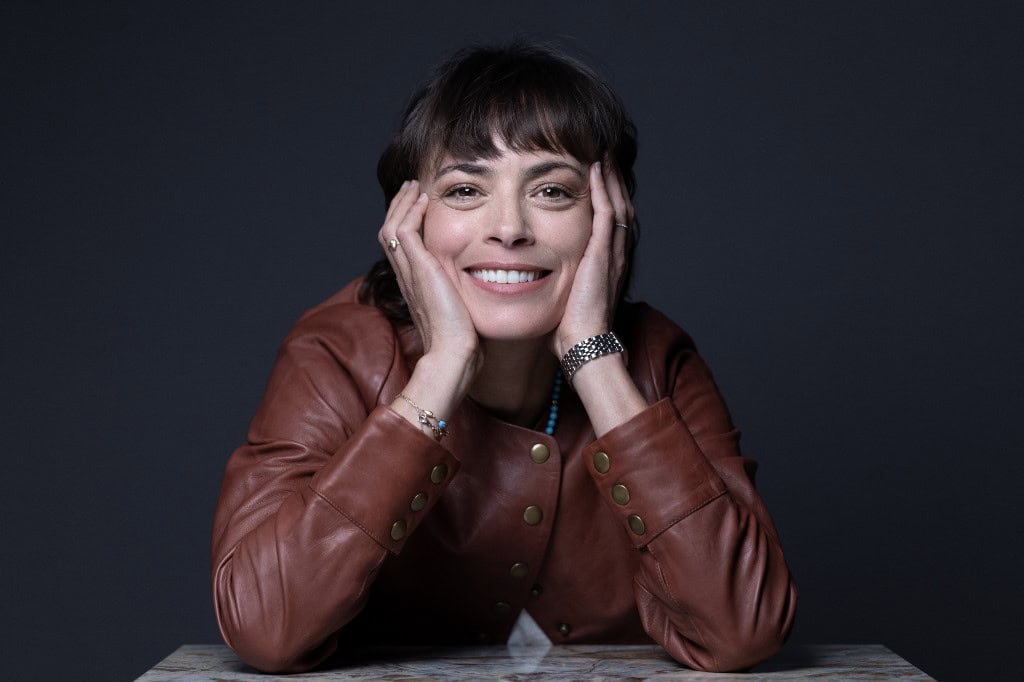“Mother can also fight, rifle in hand, when democracy is in danger,” declares French actress Bérénice Béjo, who plays a Guatemalan activist in “Mexico 86,” a Spanish-language film that strikes a chord for this daughter of Argentine refugees. “Mexico 86,” which is being released these days in several European countries, plunges into the struggle against the military dictatorship in 1980s Guatemala and is based on the personal story of its director, César Díaz.
Béjo steps into the role of a Guatemalan revolutionary activist who flees to Mexico, where she attempts to continue the clandestine fight. Hunted by the secret police, she tries to raise her 10‑year‑old son—whom her superiors would rather send to a revolutionary orphanage in Cuba. This role also echoes the origins of the 48‑year‑old actress, who was born in Argentina and whose parents had to take refuge in France, fleeing the military dictatorship (1976–1983) when she was still a baby.
“We are exiles, with parents who have allowed us to have a better life, but at the same time they really didn’t tell us the story,” the performer says. Alongside the director, “we realized that, in the end, we weren’t the only ones in this situation, and that it didn’t prevent us from moving forward. I’m very grateful for what my parents did—they sacrificed so that I am here. I seized the opportunity, I did something with it, and I succeeded, so they’re super proud,” she adds.
“But there will always be a story that will not be told,” continues the actress, who was honored for the film “The Artist” by her partner Michel Hazanavicius, and for Asghar Farhadi’s “The Past.”
To Reflect
Born in 1978 in Guatemala, filmmaker César Díaz left the Central American country at the age of nine for Mexico to reunite with his mother, who had fled years earlier because of the civil war. He has no memories of his father, a “political disappeared.” Guatemala’s 36‑year civil war (1960–1996) left about 200,000 dead and missing, according to official figures.
The story of “Mexico 86,” which reflects the pro‑democracy mobilizations in 1970s–1980s Latin America, “resonates with what is happening in the world today,” with the rise of authoritarian regimes, the actress continues. “Suddenly, we realize that at a certain point, when democracy is weakened […] we have to defend the things we love: freedom, freedom of expression, the rule of law, secularism. All of these are rights that have been won, and now that they are being undermined, we must go and defend them,” she points out.
“When there are people who feel the courage to do so, at the expense of their personal lives, it’s important to tell their stories, to say that it is possible—if you have courage, go for it! Whether you’re a mother, a single woman, a man, a father,” the actress believes. “In reality, it’s not easy for anyone,” she insists.
“There is no reason why only men should go and get involved, because in fact it is difficult for men to get involved—it’s painful, it demands a lot of sacrifice to leave behind your wife and children,” she emphasizes. “This kind of film makes you reflect. I, as a woman, tell myself ‘yes, it is true that it’s possible,’” the artist adds. “If you believe you can go and fight, rifle in hand, go ahead. Being a mother doesn’t mean you shouldn’t,” she insists.






